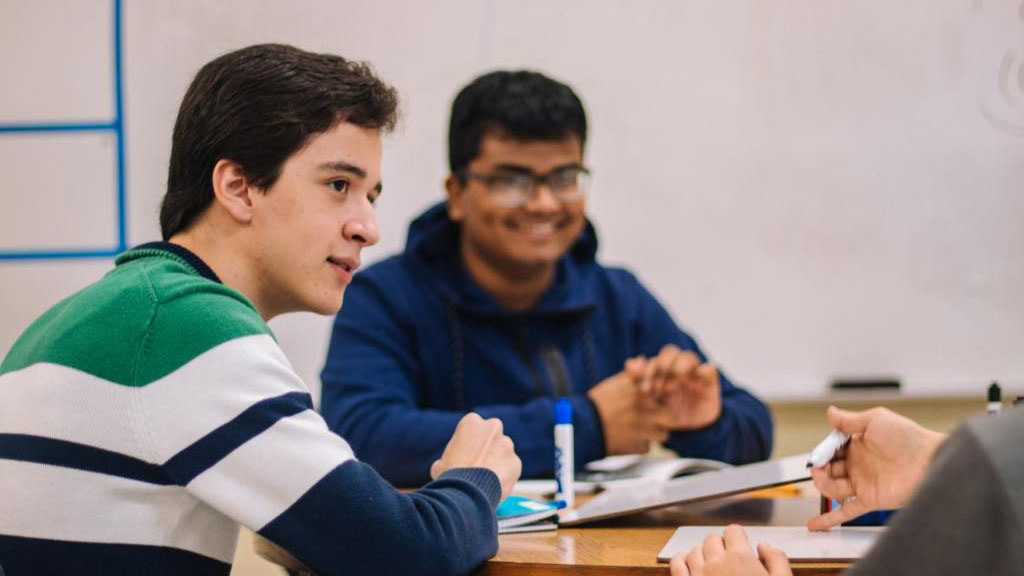Group assignments in college or university – what can we say? On one hand, students find group assignments to be a lot of fun and a great learning experience. On the other hand, some students find it to be a source of frustration. If you are in this boat, keep on reading to see how we can turn your group assignments into a fun and rewarding experience.
Why we have group assignments
Before you read on, we have some spoilers for The Lion King. If you have not seen it yet (how could you have not seen it!?), we highly recommend skipping to the next paragraph. Now that you have been warned – remember when Mufasa gets thrown off the cliff and Simba screams out ‘no’ in agony? Simba’s reaction closely resembles how some students feel about group assignments. But it does not have to be this way!
The reason we have group assignments is because it is enables you to share knowledge and ideas between your group members, which is something that you may also need to do in your future career. You learn how to explain your ideas to others, which is not always easy, as sometimes a simple concept to you might not be as simple to others. It is also a great way to learn and expand your creative thinking.
You also develop teamwork skills. You learn how to work with others, communicate on both an emotional and intellectual level, and make decisions as a team. As you develop your teamwork skills, you combine each group member’s strengths so that you can produce a high-quality outcome. Much like what is required in the workplace.
With all this in mind, how can you ensure that your group assignments go well so that you can make the most out of this learning opportunity?
Plan
The first thing you should do is plan. Assign tasks to each group member so that they know what they are working on, and make sure that each task caters to each person’s strength. Think about adding task deadlines so that you know when the tasks are due. One method to keep track of this is through a Gantt chart. It is a visual tool which outlines tasks, its due dates and who is responsible for it.
Communicate with your group
After your group is formed, get each group members contact details. Whether that is their phone number, email or social media account, you just need to find a way to stay in touch with them. Throughout the assignment, keep communicating. Tell them what you have done, check-in to see how others are doing and do not leave anything until the last minute! This is important as each member is contributing something different, so you will need time at the end to combine all the components and to edit the assignment.
Get to know your group
When your group is first formed, you will introduce yourselves and then get to know each other. This will help you identify the key strengths of each group member as you will be sharing your personal knowledge with one another. This will then make it easier to split the workload fairly. In the planning stage, as we discussed before, you assign tasks to each group member based on their strengths. Make sure that everyone is doing an equitable amount of work.
Speak with your teacher
If you have any questions, make sure you speak to your teacher. Having a continuous loop of feedback from your teacher at each stage, from planning and progression, will ensure you stay on the right track and that each group member has direction.
Tips from our student ambassador
We spoke with our student ambassador Juhee and asked her if she had any group assignment tips. This is what she wanted to share with you:
- Share your personal knowledge
- Split the workload fairly
- Make it fun/get a coffee/take breaks
These tips are very important as Juhee herself has experienced group assignments firsthand.
Your group members are your team, so enjoy spending time with them. As Juhee said, it is important to have fun. By making your group assignment a fun experience, it can lead to a better outcome as you have greater motivation for success.
Group Assignments
Group assignments are a great way to meet new people and make new friends. It also prepares you for future success by building your skills in communication, problem solving, and teamwork. Make the most out of it during your education and build the essential skills needed for your future career.

